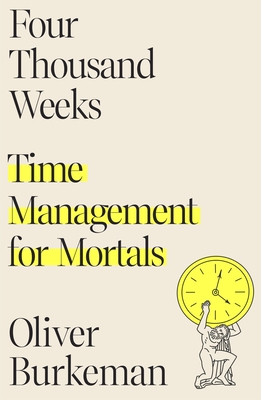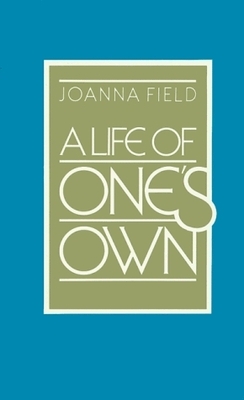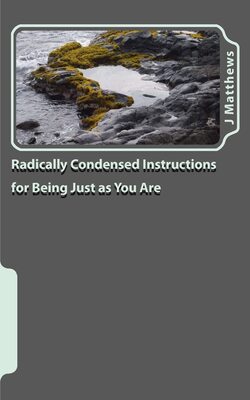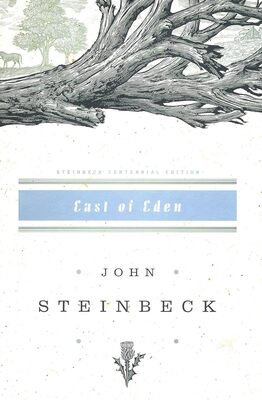
They couldn’t stand the discomfort that arose from being forced to acknowledge their limited control over the speed of the creative process—and so they sought to escape it, either by not getting down to work at all, or by rushing headlong into stressful all-day writing binges, which led to procrastination later on, because it made them learn to hate the whole endeavor.
When I face the desolate impossibility of writing five hundred pages a sick sense of failure falls on me and I know I can never do it. This happens every time. Then gradually I write one page and then another. One day’s work is all I can permit myself to contemplate and I eliminate the possibility of ever finishing.
If I think I must write one book, all the problems of how this book should be and how it should not be block me and keep me from going forward. If, on the contrary, I think that I am writing a whole library, I feel suddenly lightened: I know that whatever I write will be integrated, contradicted, balanced, amplified, buried by the hundreds of volumes that remain for me to write.
Perhaps the most appealing way to resist the truth about your finite time is to initiate a large number of projects at once; that way, you get to feel as though you’re keeping plenty of irons in the fire and making progress on all fronts. Instead, what usually ends up happening is that you make progress on no fronts—because each time a project starts to feel difficult, or frightening, or boring, you can bounce off to a different one instead. You get to preserve your sense of being in control of things, but at the cost of never finishing anything important.
It could be an important feature to be added to your portrait: your mind has interior walls that allow you to partition different times in which to stop or flow, to concentrate alternately on parallel channels. Is this enough to say you would like to live several lives simultaneously? Or that you actually do live them? That you separate your life with one person or in one environment from your life with others, elsewhere? That in every experience you take for granted a dissatisfaction that can be redeemed only in the sum of all dissatisfactions?
I could easily make lists of whatever came into my head but could not decide between them because in one mood one would be important, in a different mood another; I had never followed any one of them whole-heartedly. I had thought I wanted a great many friends, but had often refused invitations because I hated to feel the beautiful free space of an empty day, free for me to do what I liked in, broken into by social obligations. I had thought I wanted to be a unique individual, but had been filled with shame when anyone disagreed with me, hastening to take back what I had said. I had thought I wanted to be importantly useful in the world, but avoided all opportunities for responsibility. I had thought I wanted to plumb human experience to the depths, and yet had striven to remain immaculately aloof from all emotional disturbance.
We try to run from the poignancy at the heart of existence into plans, project, fantasies, worries, regrets, and images of serenity and peace. Or we try to perfect it, ‘tweak’ it somehow. But it is already perfect, in that it transcends any concept we would have of it. If we must have a project, we can appreciate the mystery of existence without trying to resolve it into a specific feeling or understanding we will then articulate, control and repeat.
To attend to something and yet want nothing from it, these seemed to be the essentials of the second way of perceiving. I thought that in the ordinary way when we want nothing from any object or situation we ignore it. Or if we are forced to attend to something which does not offer us any means of furthering our desires, then sheer habit makes us attend in the narrow focus way, looking at separate details and being bored. But if by chance we should have discovered the knack of holding wide our attention, then the magic thing happens.
Truly doing justice to the astonishing gift of a few thousand weeks isn’t a matter of resolving to “do something remarkable” with them. In fact, it entails precisely the opposite: refusing to hold them to an abstract and overdemanding standard of remarkableness, against which they can only ever be found wanting, and taking them instead on their own terms, dropping back down from godlike fantasies of cosmic significance into the experience of life as it concretely, finitely—and often enough, marvelously—really is.
And finally comes culture, which is entertainment, relaxation, transport out of the pain of living.




